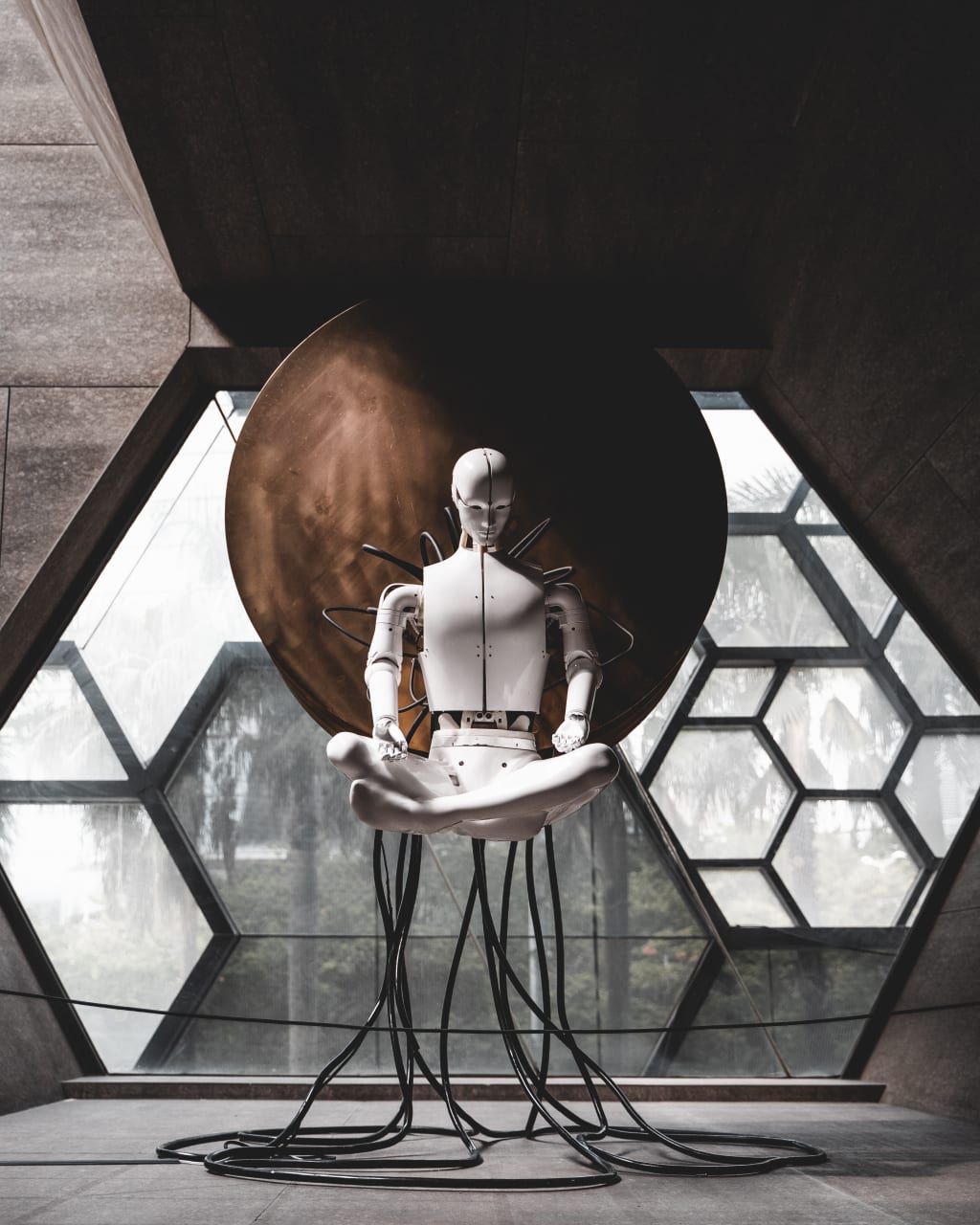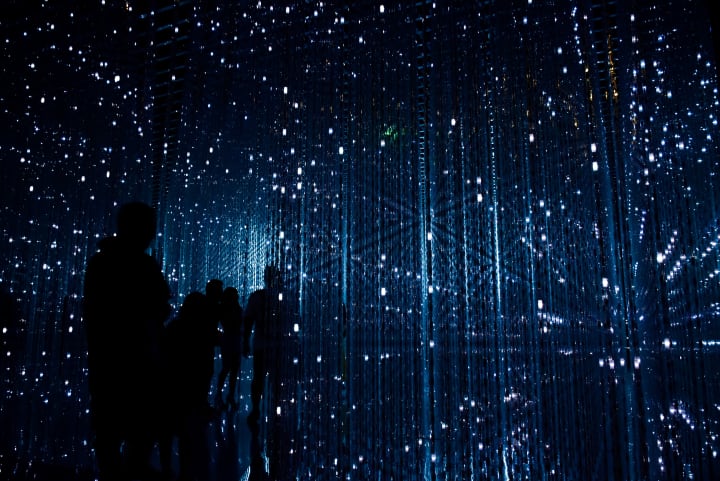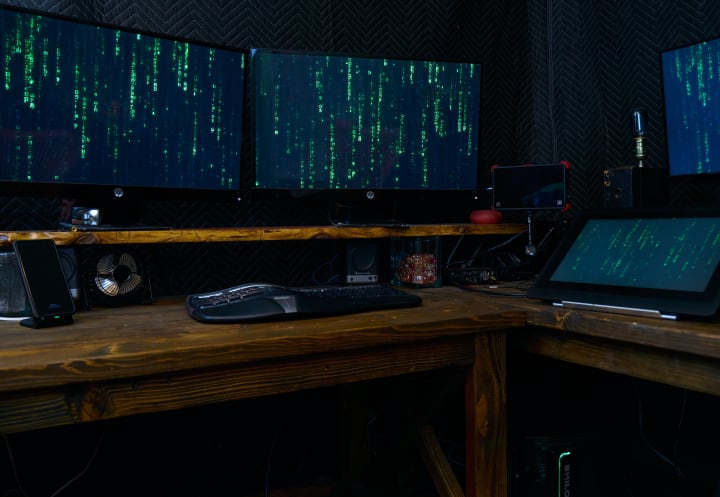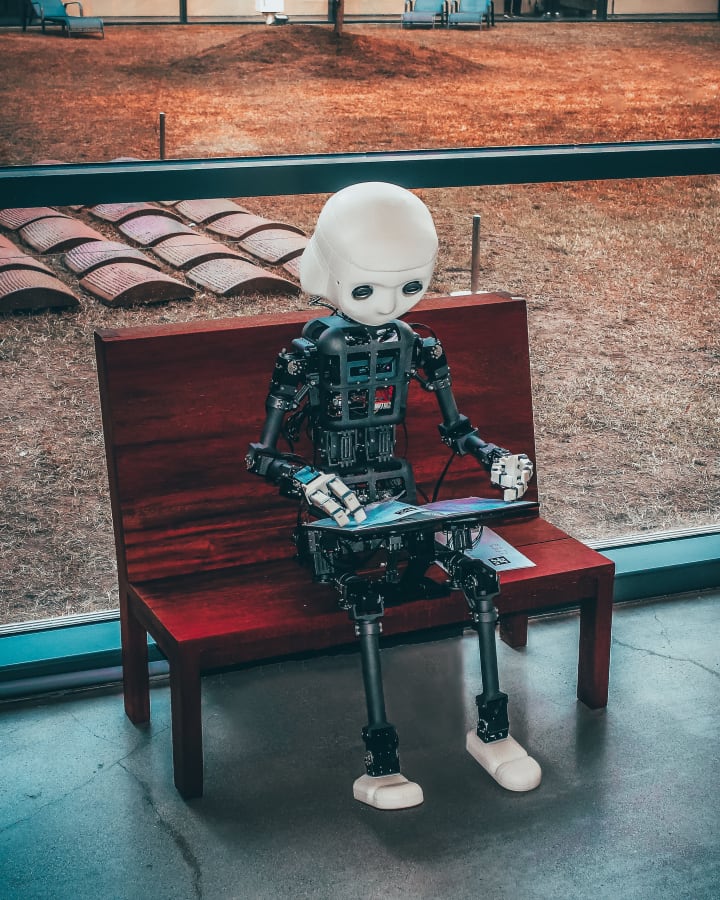
Human beings are currently in the midst of a revolutionary change to the world and what it means to be human. Artificial Intelligence is peaking in its evolutionary development. The world we know is rapidly changing due to the direct impact of artificial intelligence. Technology that 70 years ago was unimaginable has revolutionized humanity, but where the is a bright side to this incredible technology, there is also a dark side.
Artificial Intelligence first came to light in the 1930s through the work of a man named Alan Turing, a British mathematician and logician. His belief was that everything humanly computable can also be computed digitally. It was during the work on the so-called Entscheidungsproblem or the Decision Problem. The Computational Theory of Mind is the philosophy that the mind can be, in a way, a thinking computer. Through the consciousness of the human brain and through the knowledge and understanding acquired bn the human brain, scientists theorize that the brain is in fact computing decisions. Computationalism in its own is a widely theorized and researched idea. In terms of computational theory, the so-called Decision Problem simply put is a problem in which there are only two possible answers, either yes or no. It was a huge problem in the 1920s or so when there was the wonder of outlasting achievement to determine a system that could compute basically any mathematical problem or question. It was in a 1936 paper Alan Turing wrote called “On Computable Numbers,” his first well known paper where he came to develop a mathematical model of computability that became the idea of the Turing machine. The Turing machine was his way to provide evidence and prove there that could not be a systematic computational procedure that indeed could solve all mathematical problems. In 1950 he wrote a paper called “Computing Machinery And Intelligence” in which he proposed the idea of whether machines could really think.
A new generation of scientists emerged with the idea of developing artificial intelligence, thus bringing us to the emergence of the bright side of technology. With a new era of science and math evolving, we began to see the advancements in technology and the digital frontier unfold.
The Bright Future of AI Begins
AI has led to major advancements in society. In terms of medicine, scientists have developed custom drugs for patients based off of biological genetic markers, we’ve had extraordinary advancements in technology used for diagnosis from MRIs and mammography to nuclear medicine , precision surgical techniques, and even digital therapeutics. Digital therapeutics involves advanced programs curated for patients to take control of certain ailments in their own care from applications designed to help with insomnia to interface equipment that aids in checking blood sugar levels. Biological implants could have the capability to resolve blindness or perhaps even paralysis one day according to Elon Musk. His company Neuralink has already experimented with brain chip technology and has the goal to create the technology to safely connect the human brain to a computer. From there the possibilities to cure multiple different debilitating diseases could be endless.
The new age of advanced technology is rapidly emerging in the futuristic ways we’ve seen in sci-fi films. Driverless cars are becoming more of the norm that we see on the streets today. Some estimate that by 2035 autonomous cars will be responsible for perhaps 70% or more of the miles driven worldwide. We’re talking that in just 12 years time, it’s estimated that more than half of everyone on the roads; police, buses, and taxis will be driverless vehicles. These technologies are not new concepts by any means. From the first self driving car presented at the 1939 Worlds Fair by GM to sci-fi movies like iRobot with autonomous vehicles and robots in the year 2035, the minds of futurists alike have dreamt of such things. And here we are in 2022, with self driving cars. We thought it was pretty amazing when they parallel parked themselves but now some makes and models getting closer to being fully autonomous with the ability to drive hands free on mapped highways and lane assist. Revolutionary ideas coming to fruition before our eyes.
Virtual assistants and voice technology is taking off and in many ways improving the lives of many through convenience and organization. Alexa and Siri programs work off of natural language processing programs that allow them to adapt to the wants and ways of speaking of the human using them. Smart homes with the capability to lock your home and control the lights, adjust the climate control and even adjust settings on appliances in your home from the next town over. It does leave us to wonder if the AI technology we use today will indeed evolve to the point of becoming something more than just a controlled program though. Will these programs develop a consciousness of their own?

It has been proposed by a well-known futurist Ray Kurtzweil that digital computers will reach human levels of consciousness by 2029. His statement to Christianna Reedy and Dom Galeon in an article published to Future Society on October 5, 2017 is that "2029 is the consistent date I have predicted for when an AI will pass a valid Turing test and therefore achieve human levels of intelligence. I have set the date 2045 for the 'Singularity' which is when we will multiply our effective intelligence a billion-fold by merging with the intelligence we have created."
What is a Singularity you ask? Simply put a singularity is said to be the moment in time when technology advances to the point where artificial intelligence exceeds that of human intelligence. The perspective date ranges between 2045 and 2060 when artificial intelligence is predicted to compare to if not surpass human intelligence. This in turn, brings us to examine the possibilities of the dark side.
Darkness Prevails for The Future of AI
With the development and evolution of the technology and digital era we are currently in, it is only a matter of time before we see such change. That’s not to say perhaps that the advanced AI technology is not already out there but under-seen in secret government agencies or programs like so many other technologies have been known to be in the past, like for instance GPS. GPS was available to military personnel far before it was readily available to the average citizen and now, we don’t think twice about purchasing a separate navigation device like a Tom Tom in the 90s because it’s incorporated on practically everyone’s person via their average cell phone. But let’s ponder for a moment the possibility of said GPS device taking control of your destination due to its own ghost-like algorithms created through the evolution of technology far more advanced than the human knew possible. What could happen? Some may ask if that is even possible? Others will ask when it will happen instead.
Another possible downside to some thinkers is the mass surveillance and invasion of digital privacy that comes with such advancements. China for one has its China Social credit which judges its citizens, businesses, and government personnel based on their behaviors and assessment of trustworthiness. Many things contribute and deduct points to their system such as traffic violations and even playing too many video games. In a world that is being turned into a virtual society that was significantly pushed onto almost every citizen during the COVID pandemic in one way or another, we can again think back to sci-fi films come to life such as Ready Player One. With the emergence and goal of META. Will we see a society that will be more virtual than real? Already we have people who are obsessed with their phones, so many people who will pick up their phone, scroll through social media, and then minutes later have no reason other than pure habit, mindless robots, sheeple, consumed with the ever stimulating society we call home.

Modern warfare has been at the top of the list for the negative side of AI and advanced technology, ever since the creation of the Atom bomb. But with our most recent advancements, we must wonder if there is the possibility of the next big war being solely AI-based. With the drones, precision-guided missiles and the overall power and capabilities in robotic military weaponry to move and make computable decisions in the blink of an eye unlike humans could in fact destroy the world as we know it. It could also replace the need for soldiers, human beings capable of also making judgmental decisions based on instinct and morality. The debate for that being negative or positive goes both ways.
Technology alone has already contributed to the loss of countless jobs in the world. As such advancements continue to evolve, the loss of humans in the workplace where technology can replace them is rapidly occurring. Will we one day have robotic teachers and coaches in schools teaching our children, or will we ever see a time when instead of a human coming to our aid in an ambulance or police car it is instead an advanced intelligent robot? Would we the humans then take over fixing the machinery and robots that have replaced us or will machines and robots be built for that too? We can again look back on the minds of those science fiction writers that thought those same thoughts as we’ve watched them on screen hundreds of times. Charlie and the Chocolate Factory when Charlie’s father lost his job due to a machine only to be rehired to fix said machine in the end. Or even worse perhaps like the Matrix, where we struggle to survive in a world entirely run by machines. Is it a possibility or is it all science fiction?

Maybe in order to determine the future of humanity and artificial intelligence, we should look to the past. We know barely a fraction of our past as homo sapiens only going back 12,000 or so to the last ice age. But history does tend to repeat itself. Let’s take the theory of Atlantis, an advanced civilization with technology far beyond what we have today. Is it possible such a civilization could have existed without any evidence or physical proof? Countless civilizations have stories of a great flood and through exploration, we have found entire cities far beneath the surface of the ocean that proves it is entirely plausible. Artifacts like the Antikythera mechanism that was supposedly an advanced form of computer found on a ship that sank during a time when it would have been thought impossible for such an object to exist. Will we eventually see a dystopian like economy? And if so, will it be dominated by AI? I can’t help but think sometimes that we are on the way to such a world. A world where people care more about their virtual life than the physical world. We as humans need fresh air, we need the vitamin D from the sun. It’s good for the mind, body, and soul to interact with the physical Earth. People eat, live, and sleep with technology. It has become the basis of so many lives. Yet we have seen an increase in the loss of love for what it means to be human because of the overwhelming need to be seen digitally. To advance technology and become more. Maybe more is less. Maybe the advancements in technology and the inevitable road that Artificial Intelligence is on will become the end of humanity. Then again, perhaps it will continue to revolutionize the world instead. It’s time for us all to think like futurists from time to time and not only think about the possibilities for AI but also what we want for our world and our children's world to come, for only time will tell.
About the Creator
Sammantha
I believe strongly in enjoying the little things in life. Reading and writing are both a passion of mine, something that ignites fire in the soul. A good piece of literature with some poetic writing is what I live for each evening.
Reader insights
Nice work
Very well written. Keep up the good work!
Top insight
Expert insights and opinions
Arguments were carefully researched and presented






Comments
There are no comments for this story
Be the first to respond and start the conversation.